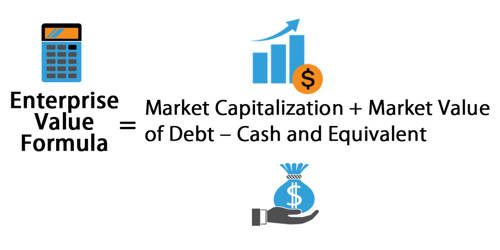Environmental governance refers to the processes, policies, laws, and institutions involved in managing human interactions with the environment. It aims to balance environmental conservation and economic development while ensuring social equity and justice. It encompasses international, national, and local levels of decision-making and involves government agencies, civil society organizations, and the private sector.
It is a set of laws, norms, rules, policies, and practices that govern how the board members of an environmental regulatory body should manage and oversee the affairs of any environmental regulatory body that is in charge of ensuring sustainability (sustainable development) and managing all human activities—political, social, and economic. Government, business, and civil society are all involved in environmental governance, which emphasizes whole-system management. To capture this diverse range of elements, environmental governance frequently employs alternative governance systems, such as watershed-based management.
It involves the use of laws, regulations, policies, and institutions to ensure sustainable development, conservation of natural resources, and protection of the environment. The goal of environmental governance is to balance human needs and well-being with the preservation and protection of the environment. Natural resources and the environment are regarded as global public goods, belonging to the category of goods that are not diminished when shared. This means that everyone benefits from things like breathable air, a stable climate, and stable biodiversity.
It encompasses the processes and outcomes of decision-making by government, civil society organizations, and other stakeholders, to ensure that environmental protection and sustainable development goals are met. This can include areas such as climate change, wildlife conservation, pollution control, and natural resource management.
Non-rivalrous public goods—a natural resource enjoyed by one person can still be enjoyed by others—and non-excludable—it is impossible to prevent someone from consuming the good (such as breathing). Public goods are recognized as useful and thus have a monetary value. Thus, the concept of a global public good emerges, with one minor distinction: it includes necessities that cannot be destroyed by one person or state.
Its goal is to ensure a sustainable relationship between humans and the environment, balancing economic development with environmental protection. The non-rivalrous nature of such goods necessitates a management strategy that prevents both public and private actors from harming them. One approach is to assign a monetary value to the resource. Water is an example of such a good.















